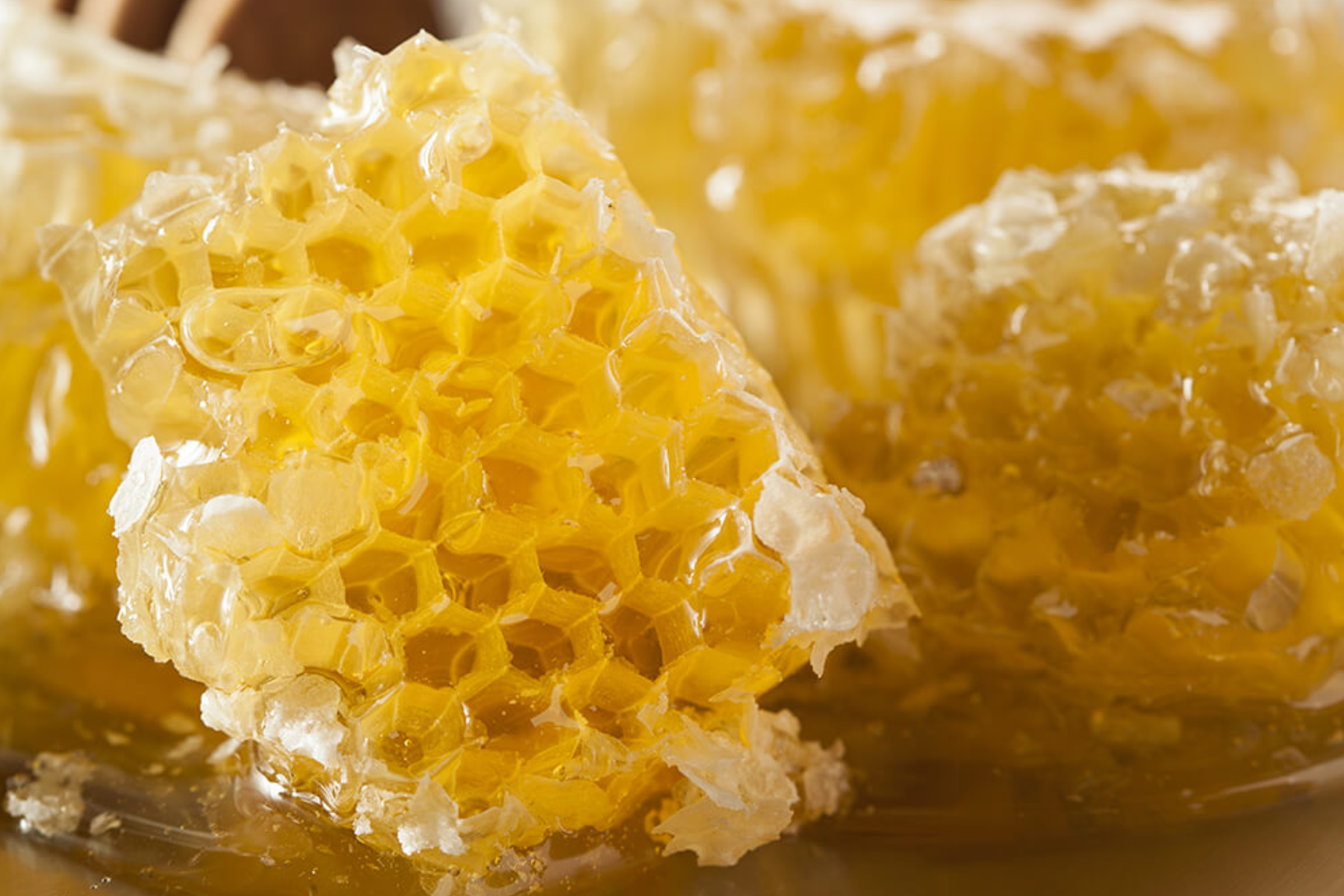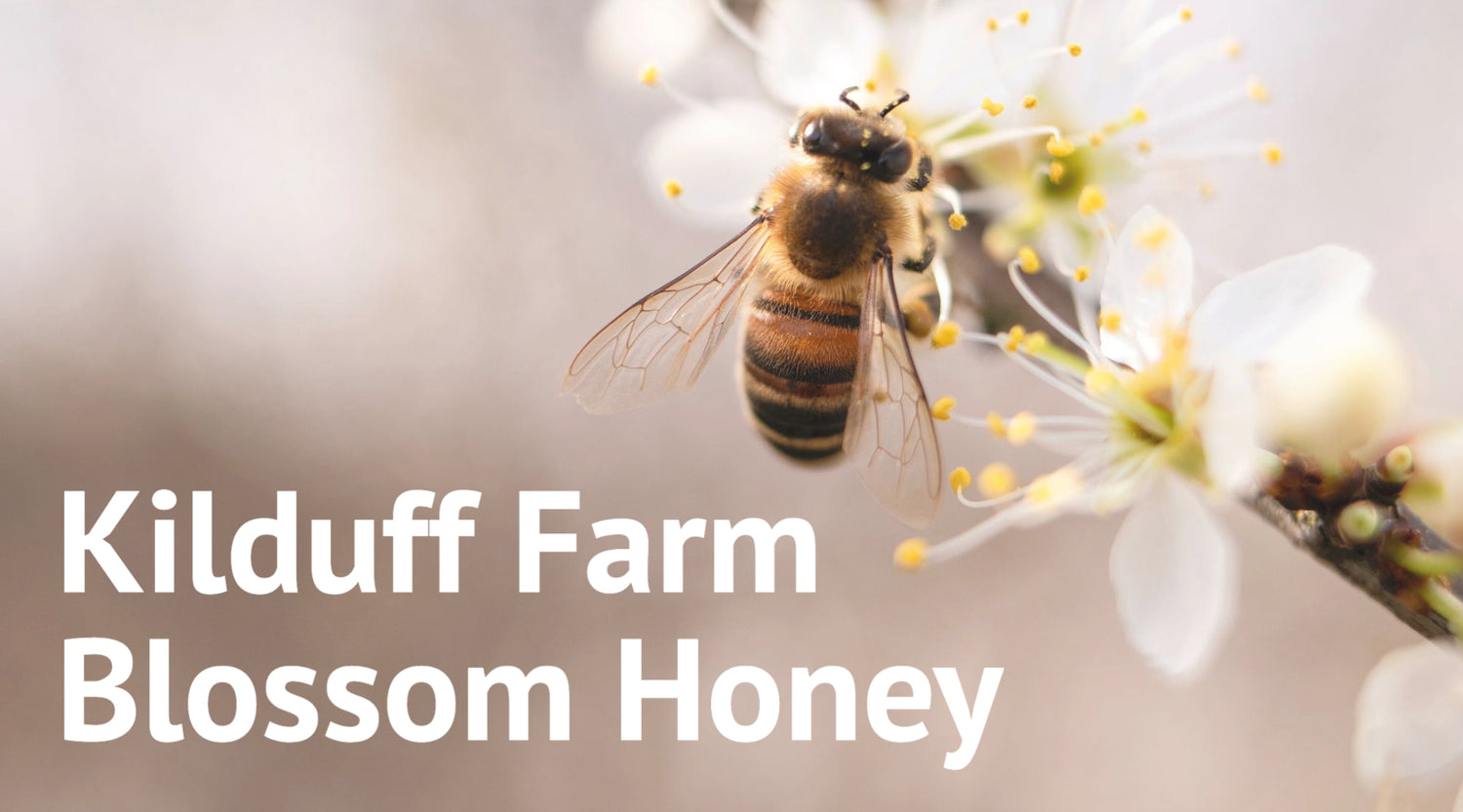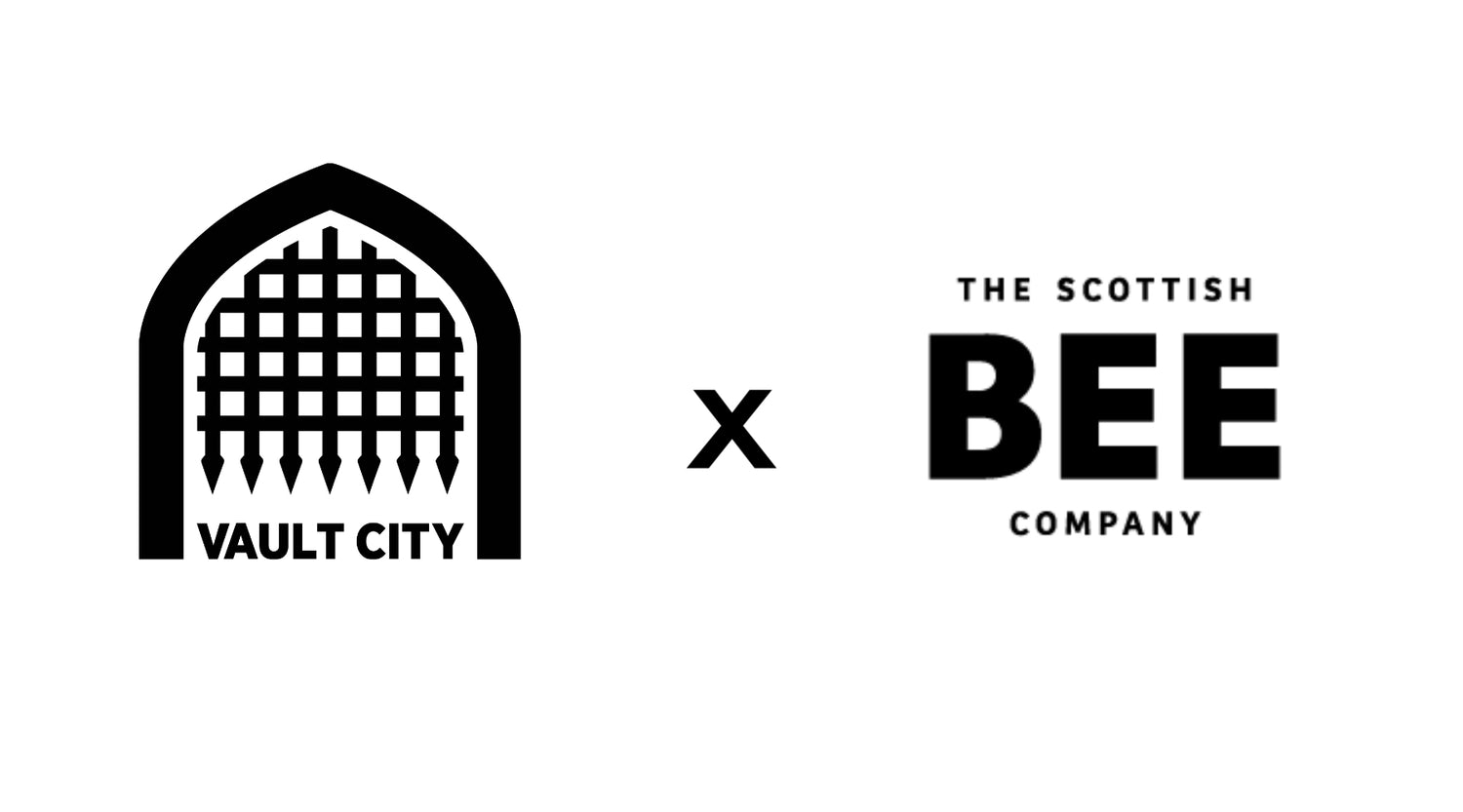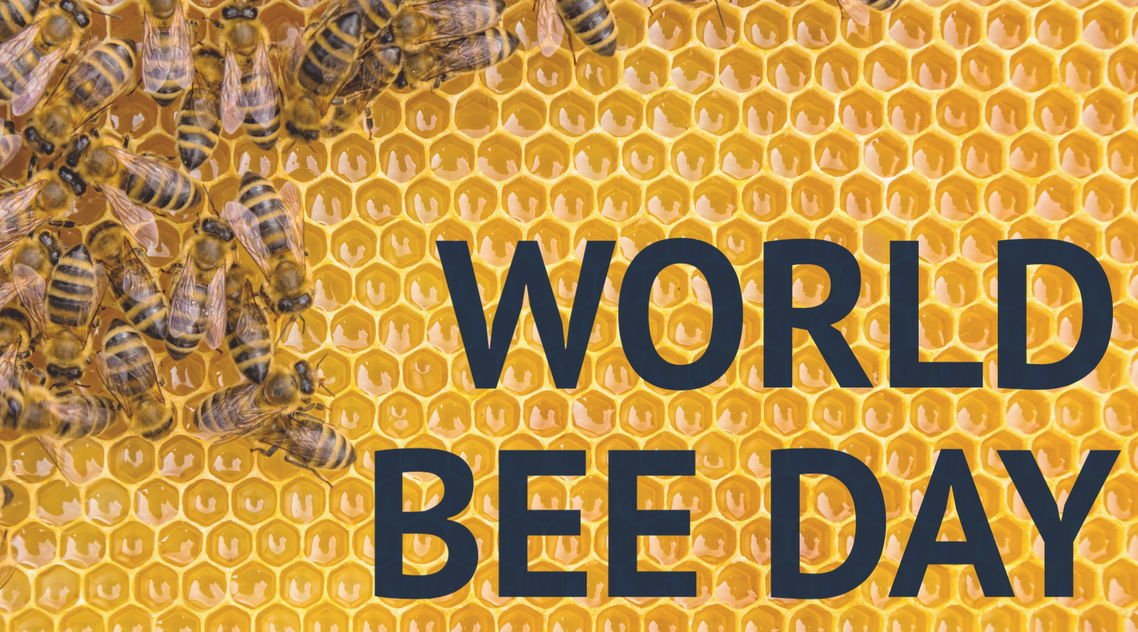We are often asked if our honey is raw.
Here at the Scottish Bee company we are known for our environmentally friendly approach, from how we look after our bees, to the honey we put in our fully recyclable packaging. We are often asked if our honey is raw. This usually leads to quite a difficult conversation, where we try to explain that we produce what they think raw honey is, but by law the word raw is not allowed in the UK unless you have filtered the honey through a gauze or you have cut comb.
We will try to explain this a little more as it is a hugely controversial and confusing topic.
Why do people want raw (and what does raw really mean)?
Raw honey is one of the most popular yet misleading words in the honey industry. Specifically, the word raw is associated with a natural, pure, clean living movement in the food industry called ‘raw-ism’; the general ethos being that the food you are eating is unprocessed and has not been heated above 48 degrees Celsius, so as not to destroy any natural enzymes. It is seen as being akin to the word ‘unpasteurised’ in milk production. In the UK, there are several definitions of what ‘raw honey’ is, here are a few:
- ‘not heated above the temperature of the hive’
- ‘not prepared for the use as food by the action of heat’
- ‘uncooked’
- ‘unpasteurised’
- ‘unfiltered’
- ‘straight from the hive to the jar’
In England and Wales labelling regulations have been devolved to local trading standards, and as there is already such confusion amongst those in the industry, this filters down into these devolved powers. In Scotland, the power lies with Scotland’s food standards agency and in Northern Ireland, the word isn’t used at all.
Its definition differs across continents due to trading standards - the phrase ‘raw honey’ isn’t even recognised by EU trading standards! This becomes hugely difficult when companies start trading nationally and internationally, as the meaning of the word means different things.
So why such a fuss about raw honey?
As people have become more aware of the importance of living a healthier lifestyle, buzzwords such as ‘pure’ and ‘raw’ have become more and more popular, even though the meaning in the honey world doesn’t quite match up.
There is an exception to raw honey which is Honeycomb. This can be called raw as it does come directly from the hive into its packaging with no need for heating of filtration. For a honey to be raw it has to be taken directly from the hive and put into its jar/packaging, with no filtering except through a gauze.
Why honey is not raw
There are two points of contention; filtration and heating. Inside a hive you will find many things alongside the honey; beeswax, dirt, pollen, dead bees and flies, and dirt from the outside world. In order for these nasties to be removed, the honey has to be filtered.
On very small scale honey production, honey is sometimes filtered using a gauze that the honey drips through, however this is costly, time consuming and not practical on a large scale. One of the main reasons for this is that honey often crystallises. Crystallisation is a natural process in honey, where it hardens slightly and becomes thicker, making it impossible to ‘drip’ through this filtration gauze.
This leads us onto the second point of contention - heating. Crystallisation can be reversed by warming the honey slightly, which by our understanding of the term ‘raw honey’, wouldn’t be allowed and yet it is necessary for us to be able to put our honey into a jar.
What do I want if not raw?
We recommend reading the labels thoroughly. If you are keen to keep the honey as close to what comes out of the hives as possible, you want it to say that it is never heated higher than the temperature of the hives, and that it has no GMO’s, no pesticides and no added sweeteners. We always recommend fully reading the ingredients list to see what has been added. 45% of all honey on the market is counterfeit, ie. it has added sugar syrup, it has been heated way above the temperature of the hive, it has fermented, it has other non-honey ingredients in there.
Ok I still want raw, where can I buy it?
Trading standards in the UK do not permit you to use the word raw if you filter your honey in any way. Make sure to ask suppliers how they process their honey. Check out trading standards guidelines here for more information. There are a plethora of wonderful honeys on the market from our competitors who aren’t using the term ‘raw’ but have beautiful honey for you to taste.

Here at the Scottish Bee Company we don’t heat our honey any higher than the temperature of the hive - meaning that it never changes consistency. We warm it in line with Organic Processing, manually filter it to remove nasties such as dirt and we sample test every honey to make sure it is of proper standards. We don’t have GMO’s in our honey, nor pesticides. We have also gone one step further with our Heather Honey and we have a BSI Kitemark for that to be sure that what we are selling is what we say it is.
So next time you hear someone talking about raw honey, set them straight, because they are missing out on a whole load of nutritious delicious honeys all because of a word…







4 comments
Even some beekeepers I know don’t understand the difference been ‘filtering’ and ‘straining’.
Received two of your excellent jars of honey as a gift and will be purchasing more. I also like clear “runny honey”and was wondering why Heather and Blossom honey is always “set” ?
Received two of your excellent jars of honey as a gift and will be purchasing more. I also like clear “runny honey”and was wondering why Heather and Blossom honey is always “set” ?
Hi I have a friend in Spain diagnosed with cancer and taking tablets at the moment. I would like to send her some pure good quality honey as this wouldn’t have a adverse effect with her medication. She is having a problem to a totally get this type of honey. I would be grateful for any help you can give me re cost, packaging and postage I would be requiring a number of jars as it would be more cost effective. Thank you for your time a d help in this matter. Margaret